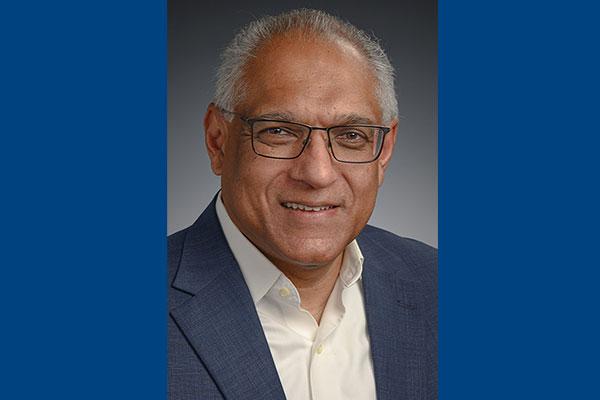
Grace Kirby Distinguished Professor of Pathology Soman Abraham, PhD, was an invited speaker at the international symposium "Maladaptation at Physiological Barriers: Insights and Outlooks," at Otto von Guericke University in Magdeburg, Germany from May 5-7, 2025. In his presentation he described how mast cells (MCs), while playing a crucial role in initiating innate and adaptive immune responses to infections, can have a more sinister role at mucosal surfaces when infections become recurrent and when local infections progress into systemic ones. He also discussed how targeting mast cells during these disorders can have therapeutic potential.
MCs are tissue-resident immune cells located at the host-environment interface, adjacent to blood vessels and nerves. Their ability to release pre-stored inflammatory mediators when activated makes MCs crucial for regulating initial immune responses to invading pathogens.
While the roles of MCs are generally beneficial, they can also have detrimental effects. For example, in the bladder, which is prone to recurrent urinary tract infections (UTIs), MCs facilitate a rapid response to fight infection. However, these recruited cells can stimulate excessive nerve growth in the bladder. Thereafter, local MCs sustain bladder nerve growth long after the infection has resolved. This leads to lingering pain and frequent urination in UTI patients.
Abraham also described sinister MC responses occurring when infections become systemic. In such cases, bacteria or viruses trigger simultaneous activation of MCs lying at the abluminal regions of blood vessels throughout the body. This results in a cytokine storm and systemic immune dysregulation with severe consequences. He concluded that, while MCs play a vital protective role against infections, their repeated or simultaneous activation throughout the body can contribute to significant pathology.
Read more about his lifelong quest for a UTI remedy and explore the Abraham Lab’s work here.